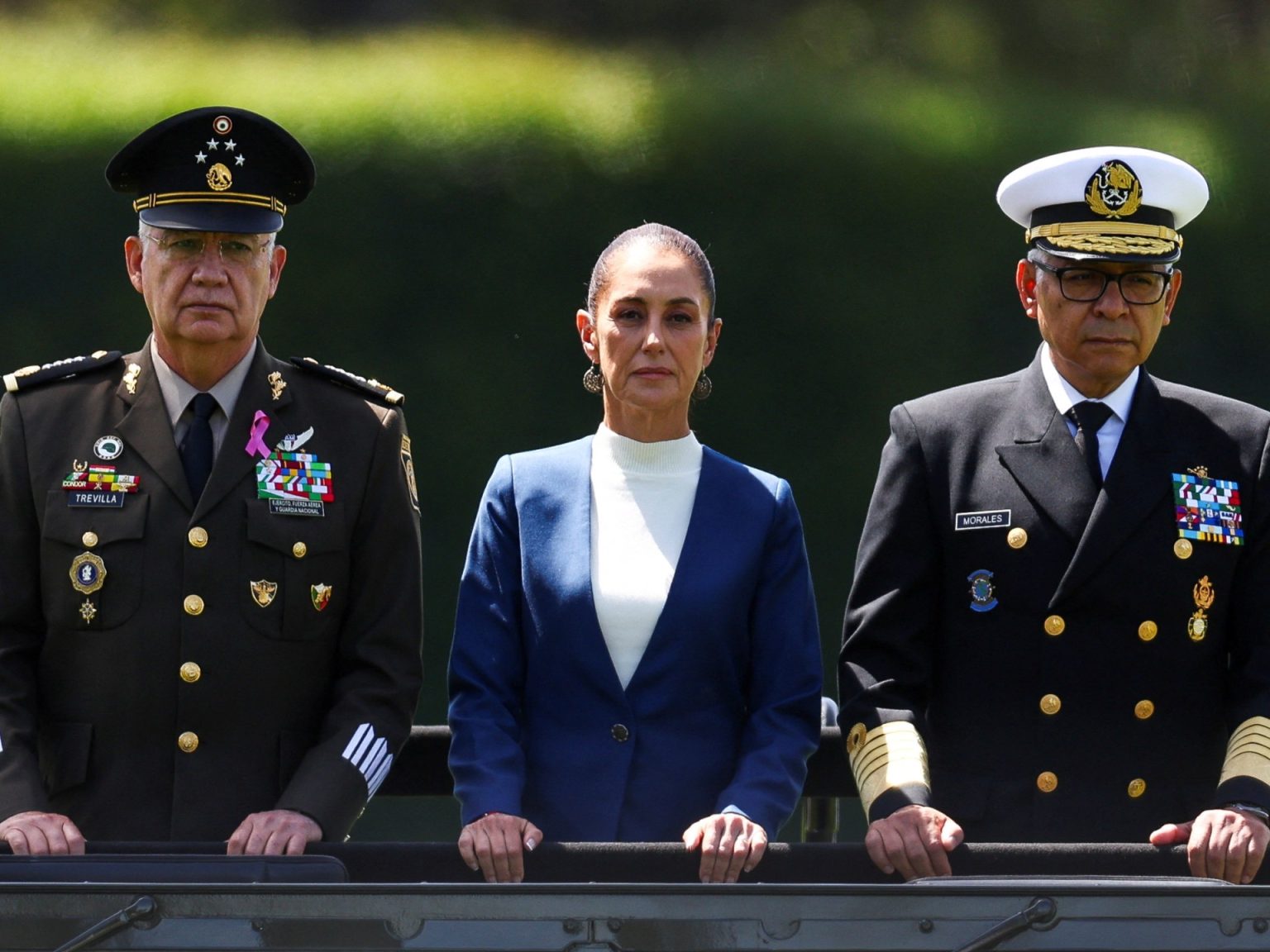Mexican President Claudia Sheinbaum has condemned the killing of six migrants by Mexican troops as “deplorable” and called for a thorough investigation into the incident. The soldiers involved in the shooting have been called to be “investigated and punished” by Sheinbaum, who expressed that such events should not be repeated. The shooting occurred on October 1 near the town of Huixtla, close to the border with Guatemala, as soldiers opened fire on a truck they described as travelling “at high speed” and hearing “explosions” coming from the vehicle. Thirty-three migrants were on board the truck at the time, with six being killed. The victims were citizens of Egypt, Peru, and El Salvador.
The incident has brought attention to the dangerous route between Mexico and Guatemala that is often used by migrants, some of whom are smuggled in crowded freight trucks seeking to reach the US border. The Mexican Defence Ministry stated that the trucks involved in the incident were similar to those used by criminal groups in the region, raising suspicions of possible cartel involvement. Migrant rights activist Irineo Mujica questioned the soldiers’ claim that the migrants or their smugglers had opened fire, suggesting that it is unlikely for them to do so and usually rely on paying bribes to get through. Similar claims of hearing explosions or gunfire have been made in past incidents involving deadly force against migrants, leading to outcry and calls for investigations.
The Roman Catholic Mexican Council of Bishops described the latest killings as “a disproportionate use of lethal force” and criticized the militarization of immigration policy and the increased presence of armed forces on the country’s southern border. Former President Andres Manuel Lopez Obrador had expanded the authority of the military during his term, with an emphasis on the National Guard under its command and involvement in civilian infrastructure projects. Sheinbaum, who succeeded Lopez Obrador and is a member of the same Morena Party, is expected to continue his policies. She visited a Mexico City military base after the shooting incident, where she focused on wage increases for troops and reassured that there were no violations of human rights or state of siege in the country.
The killing of migrants by Mexican troops near the border with Guatemala has sparked concerns about the use of deadly force and the militarization of immigration policies. The incident, which resulted in the deaths of six migrants from Egypt, Peru, and El Salvador, has prompted calls for a thorough investigation and accountability for the soldiers involved. Migrant rights activists, the Mexican Council of Bishops, and others have condemned the use of lethal force and raised questions about the circumstances leading to the shooting. The incident also highlights the dangers faced by migrants traveling through Mexico, often in crowded and unsafe conditions, seeking to reach the US border.
The route between Mexico and Guatemala is a common path for migrants and asylum seekers, many of whom are smuggled in trucks and face risks from criminal groups as well as law enforcement. The involvement of the military in immigration enforcement has been a controversial issue, with concerns about the use of force and human rights violations. Sheinbaum’s response to the incident, calling for an investigation and punishment for the soldiers responsible, reflects a commitment to addressing these concerns and ensuring accountability. As she takes office and faces this early challenge, she will need to navigate the complexities of immigration enforcement and border security, balancing security concerns with human rights protections and addressing the underlying factors driving migration.













